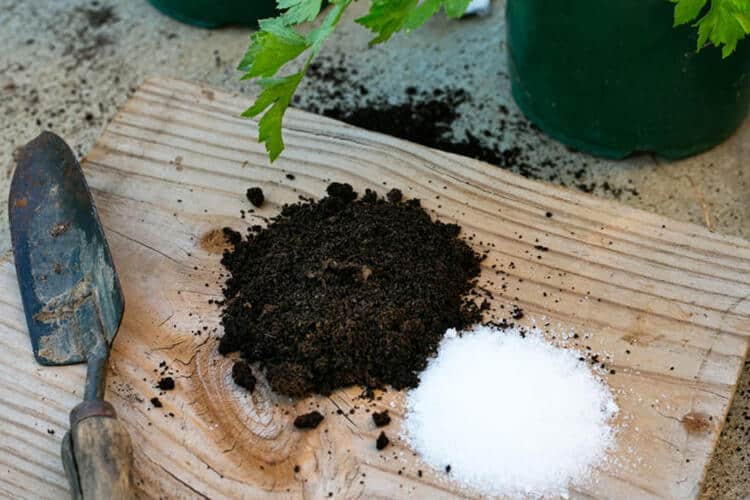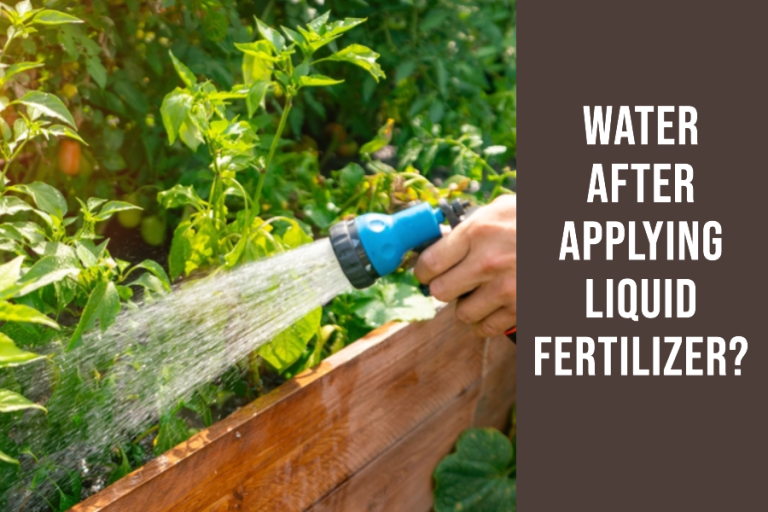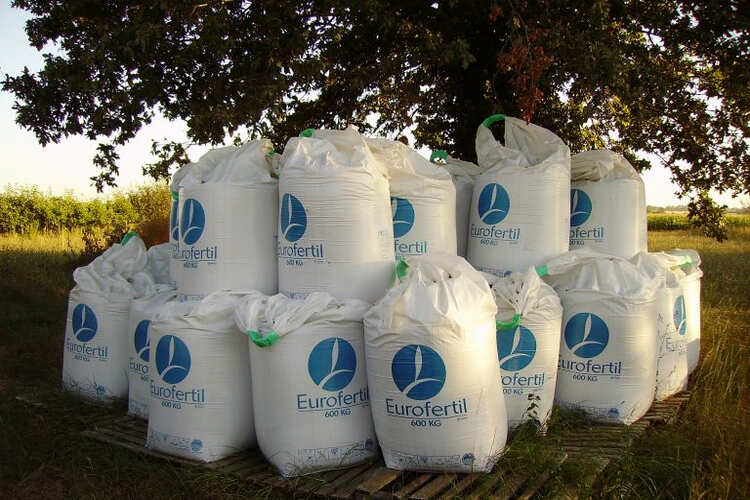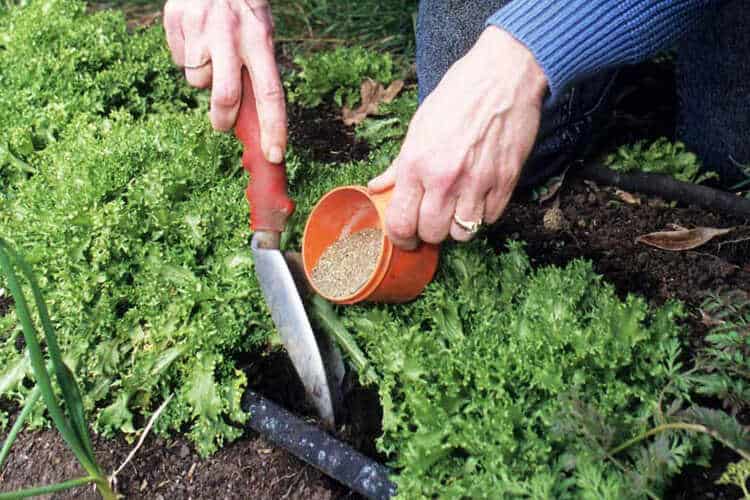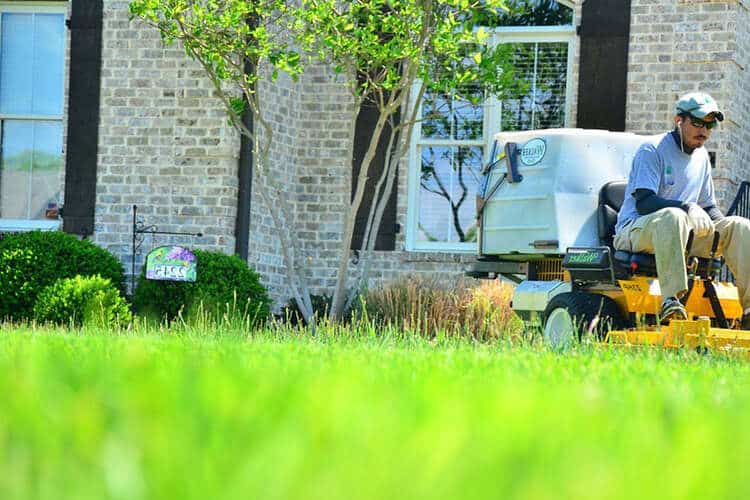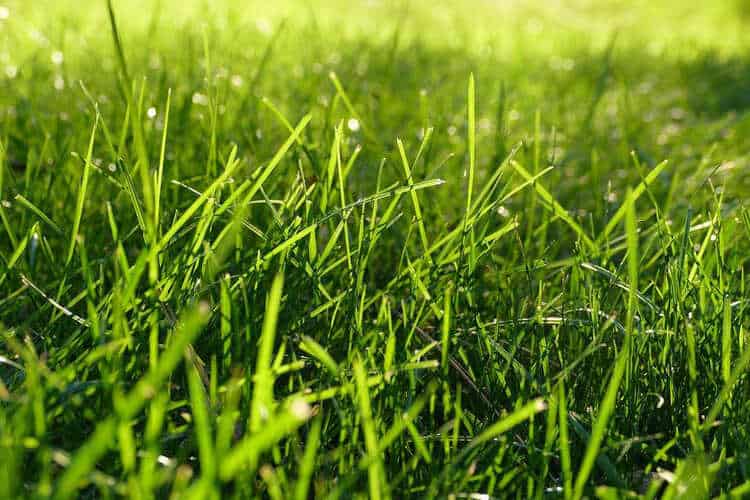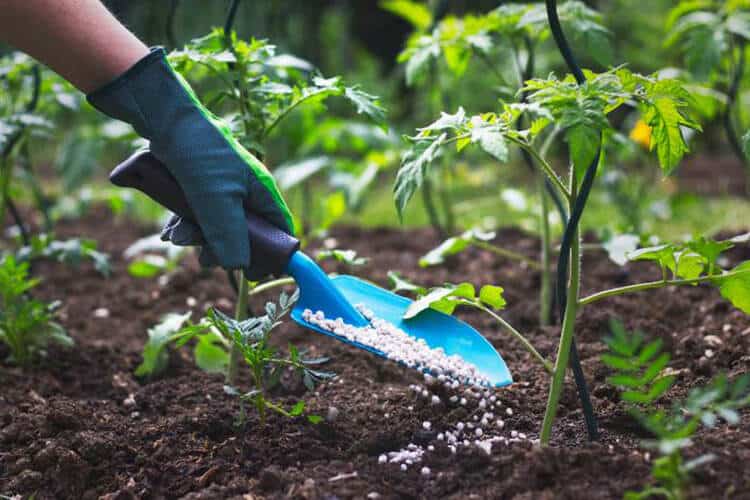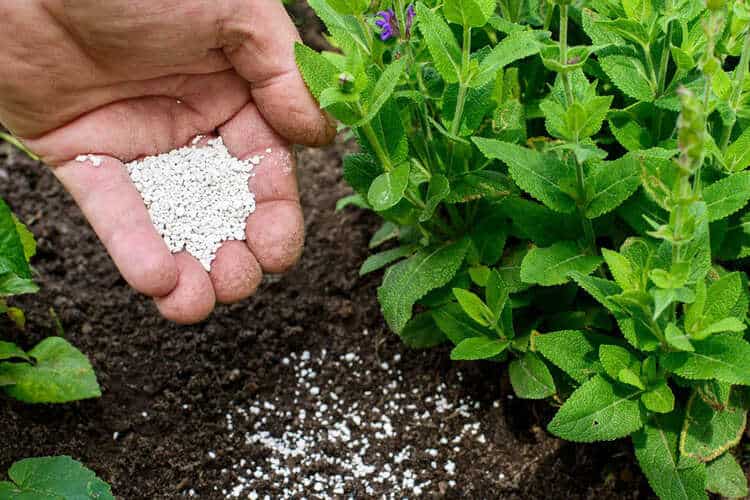Can I Use One Fertilizer for All Plants? Expert Revealed!
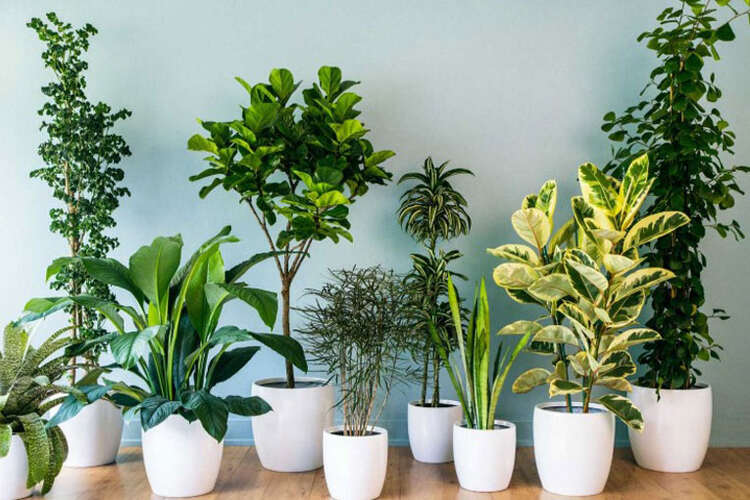
Greenery needs moisture, nutrients, and light to grow. While moisture comes from irrigation or rainfall, the sun supplies light, and nutrients are present in manure, compost, or fertilizers. So, can I use one fertilizer for all plants?
The answer is yes. You don’t necessarily have to apply different fertilizers to different plants. Below, Swipe Garden will provide you with detailed answers to this question and other common ones.
Can I Use One Fertilizer For All Plants?
Yes. You don’t necessarily have to apply different fertilizers to different plants. Instead, you can apply one product to all greenery unless you’re caring for flowering seeds like begonias, gloxinia, or African violets.
Plants do not distinguish between organic and synthetic fertilizers when it comes to acquiring nutrients. To them, it’s all the same. Organic fertilizer components are derived from plants, animals, or minerals. Non-organic fertilizer materials are created by a chemical process. Spread organic fertilizer, such as barnyard manure, evenly across the area and stir it into the soil.
While there is a wide variety of fertilizer formulations and brands available,” to avoid using the word “endless”. Please remember that all greeneries require the same crucial elements. Feeding flowering plants is not comparable to feeding pets such as cats, dogs, parakeets, and goldfish.
Before purchasing a garden fertilizer product, it is important to know the levels of essential elements already present in your soil. Select a plant food or liquid plant food that emphasises the nutrients needed and contains fewer nutrients that already exist in adequate amounts.
What Plants Should Not Be Fertilized?
If you apply chemical fertilizers to a vegetable garden where tomato plants are not needed, they may suffer from sickness due to the excess nutrients. In particular, you shouldn’t feed fertilizer to vegetables with yellow undergrowth. These greeneries don’t consume potassium and nitrogen, so treating them with fertilizers will be a huge waste.
In most cases, indoor flowers should not be given flower fertilizer, as they expend a significant amount of energy digesting the food consumed and releasing CO2 into the air. Too much carbon dioxide might pose respiratory problems.
Likewise, plants with sensitive roots do not need fertilizers to grow healthily. If you provide them with extra nutrients, you can cause your vegetables to suffer from deficiencies and wilt.
How Do I Know If My Plant Needs Fertilizer?
Unlike trees, which show signs of needing water (wilting and becoming crispy) and sunlight (leaves becoming lanky and pale), it can be challenging to determine when your flowers need fertilizing. There is no obvious sign that they lack nutrients other than stagnant or slowed growth, which many green growers can merely notice.
Therefore, you need to always keep an eye on your flowers’ changes and be well aware of common health problems that they usually have instead of waiting for clear signals. Also, apply nutrients on a consistent schedule based on your vegetables’ growing cycles.
Many green and flowering houseplants slow down in the winter and require fewer nutrients. They benefit from a monthly dosage of liquid fertilizer in the spring and summer. If you forget, supplement with slow-release fertilizer or vitamin tablets every few months. One or two applications of liquid fertilizer per year are sufficient for indoor cacti and succulents.
What Fertilizer Helps Flowers Bloom?
Phosphorus is an essential element for flowering. Food specifically for flowering breeds usually has an adequate amount of phosphorus. To stimulate flower blooming, choose packs containing a higher phosphorus content than the potassium and nitrogen contents.
Some products also include secondary macronutrients like magnesium or calcium and micronutrients like zinc, boron, or iron. These nutrients are smaller in amount compared to the major macronutrients N, P, and K, yet they are pretty necessary for your herbs’ metabolic pathway.
So, you’ll want your houseplant fertilizers to contain a tiny volume of those elements as well.
Which Fertilizer Grows Plants Faster?
One of the most widely used liquid fertilizers is carbonated water. It helps accelerate herb growth thanks to the bubbles made of CO2. If you’re searching for fertilizers to boost vegetable growth without extra effort, utilise carbonated water.
Besides, seaweed fertilizers are also popular throughout the US. They cater to your shrubs’ general health and provide a broad array of minerals and nutrients necessary for their growth. Another recommended food for fostering herb growth is fish emulsion. It’s rich in nitrogen and essential nutrients for vegetables’ health and growth rate. The only downside to using fish emulsion is the odour.
When Should I Stop Fertilizing My Plants?
Before adding garden fertilizer, it is typically advisable to start with a soil test on garden plants to evaluate the inherent fertility of your garden soil.
Indoor plants grow slower than outdoor plants. They receive less sunlight and water. Because they grow slowly, they don’t require as much fertilizer, and too much fertilizer can kill the plant.
Over-fertilizing could lead to foliar burns, nutrient imbalances, and fruit production problems. Remember, less is more!
For fruits and vegetables, it will be best to stop feeding by mid-to-late summer. If you keep applying extra nutrients to vegetable crops during this time, you might cause the fruits to ripen much more quickly.
For plant food and potted plants, avoid feeding four weeks before it starts to frost. This way, you can slow growth gradually and decrease transplant shock.
If you’re growing shrubs and perennials, it’s not a good idea to fertilize them after midsummer. Particularly when you live in an area with cold winters year-round, treating them with nutrients in late summer can prevent new growth.
Read more: What Happens if You Don’t Water After Fertilizing? (Tips)
Conclusion
“Can I use one fertilizer for all plants?” is among the burning questions you need to know when taking care of your plants. So, keep what you’ve learned in mind and create a beautiful garden! Good luck!


